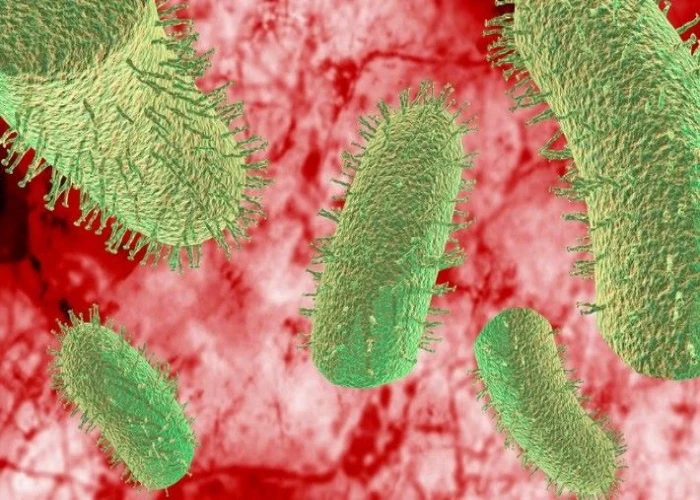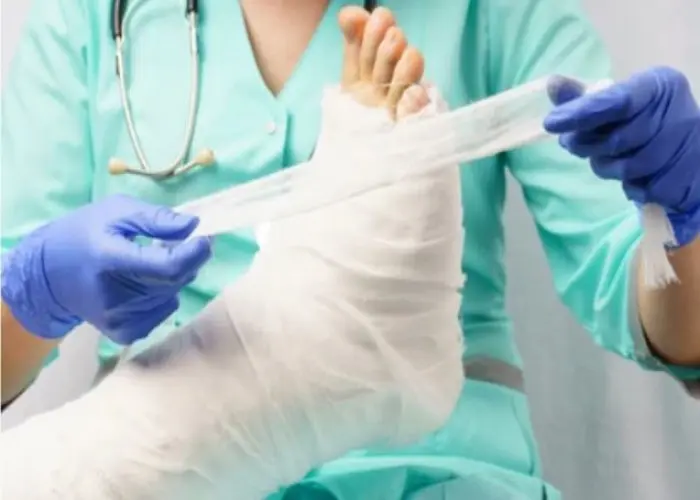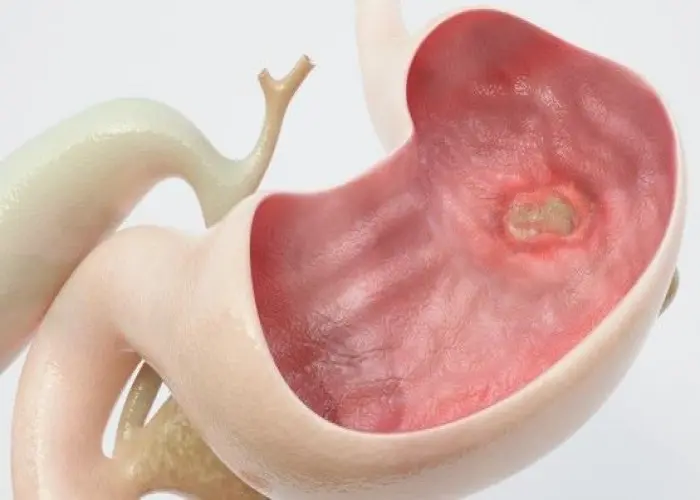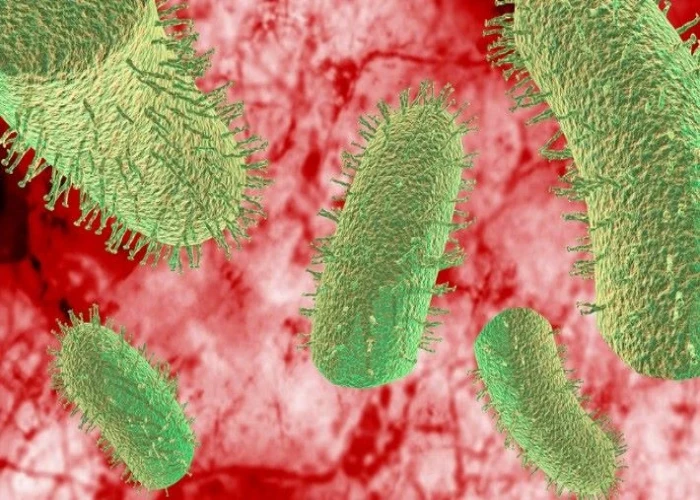 Welcome
Welcome
“May all be happy, may all be healed, may all be at peace and may no one ever suffer."
Rabies

Rabies is a viral infection that affects the nervous system and is most commonly transmitted through the bite or scratch of an infected animal, such as a dog, cat, or bat. The virus attacks the central nervous system, causing inflammation in the brain and leading to symptoms such as fever, headache, muscle weakness, and convulsions. Rabies is a serious and often fatal disease.
The incubation period for rabies can vary from a few days to several years, but it typically takes several weeks to several months for symptoms to develop. Once symptoms appear, the disease is almost always fatal, so it is important to seek medical attention immediately if you have been bitten or scratched by an animal, particularly if the animal appears sick or is acting strangely.
There is no cure for rabies once symptoms appear, so prevention is key. If you have been bitten or scratched by an animal, it is important to clean the wound thoroughly and seek medical attention right away. Treatment typically involves a series of shots to prevent the virus from spreading through the body.
Prevention of rabies involves vaccinating pets and other animals that may come into contact with humans, avoiding contact with wild animals, particularly those that appear sick or are acting strangely, and taking precautions when traveling to areas where rabies is common. If you are traveling to an area where rabies is common, you may need to receive a pre-exposure vaccine to protect yourself from the disease.
Research Papers
Disease Signs and Symptoms
- Fever
- Paralysis
- Trouble sleep (insomnia)
- Continuous salivation through mouth
- Difficulty swallowing (dysphagia)
- Confusion (Hallucinations)
- Anxiety
- Anxiety, agitation or restlessness
- Nausea or vomiting
- Headaches
- Fear brought on by attempts to drink fluids because of difficulty swallowing water
Disease Causes
Rabies
The rabies virus causes a rabies infection. The virus spreads through the saliva of infected animals. Infected animals can spread the virus by biting another animal or a person.
In rare cases, rabies can be spread when infected saliva gets into an open wound or the mucous membranes, such as the mouth or eyes. This could happen if an infected animal licked an open cut on your skin.
Animals that can transmit the rabies virus
Any mammal (an animal that suckles its young) can spread the rabies virus. The animals most likely to spread the rabies virus to people include:
Pets and farm animals
- Cats
- Cows
- Dogs
- Ferrets
- Goats
- Horses
Wild animals
- Bats
- Beavers
- Coyotes
- Foxes
- Monkeys
- Raccoons
- Skunks
- Woodchucks
In very rare cases, the virus has been spread to tissue and organ transplant recipients from an infected organ.
Disease Prevents
Rabies
To reduce your risk of coming in contact with rabid animals:
- Vaccinate your pets. Cats, dogs and ferrets can be vaccinated against rabies. Ask your veterinarian how often your pets should be vaccinated.
- Keep your pets confined. Keep your pets inside and supervise them when outside. This will help keep your pets from coming in contact with wild animals.
- Protect small pets from predators. Keep rabbits and other small pets, such as guinea pigs, inside or in protected cages so that they are safe from wild animals. These small pets can't be vaccinated against rabies.
- Report stray animals to local authorities. Call your local animal control officials or other local law enforcement to report stray dogs and cats.
- Don't approach wild animals. Wild animals with rabies may seem unafraid of people. It's not normal for a wild animal to be friendly with people, so stay away from any animal that seems unafraid.
- Keep bats out of your home. Seal any cracks and gaps where bats can enter your home. If you know you have bats in your home, work with a local expert to find ways to keep bats out.
- Consider the rabies vaccine if you're traveling or often around animals that may have rabies. If you're traveling to a country where rabies is common and you'll be there for an extended period of time, ask your doctor whether you should receive the rabies vaccine. This includes traveling to remote areas where medical care is difficult to find.
- If you work as a veterinarian or work in a lab with the rabies virus, get the rabies vaccine.
Disease Treatments
Once a rabies infection is established, there's no effective treatment. Though a small number of people have survived rabies, the disease usually causes death. For that reason, if you think you've been exposed to rabies, you must get a series of shots to prevent the infection from taking hold.
Treatment for people bitten by animals with rabies
If you've been bitten by an animal that is known to have rabies, you'll receive a series of shots to prevent the rabies virus from infecting you. If the animal that bit you can't be found, it may be safest to assume that the animal has rabies. But this will depend on several factors, such as the type of animal and the situation in which the bite occurred.
Rabies shots include:
- A fast-acting shot (rabies immune globulin) to prevent the virus from infecting you. This is given if you haven't had the rabies vaccine. This injection is given near the area where the animal bit you if possible, as soon as possible after the bite.
- A series of rabies vaccinations to help your body learn to identify and fight the rabies virus. Rabies vaccinations are given as injections in your arm. If you haven't previously had the rabies vaccines, you'll receive four injections over 14 days. If you have had the rabies vaccine, you'll have two injections over the first three days.
Determining whether the animal that bit you has rabies
In some cases, it's possible to determine whether the animal that bit you has rabies before beginning the series of rabies shots. That way, if it's determined the animal is healthy, you won't need the shots.
Procedures for determining whether an animal has rabies vary by situation. For instance:
- Pets and farm animals. Cats, dogs and ferrets that bite can be observed for 10 days to see if they show signs and symptoms of rabies. If the animal that bit you remains healthy during the observation period, then it doesn't have rabies and you won't need rabies shots.
- Other pets and farm animals are considered on a case-by-case basis. Talk to your doctor and local public health officials to determine whether you should receive rabies shots.
- Wild animals that can be caught. Wild animals that can be found and captured, such as a bat that came into your home, can be killed and tested for rabies. Tests on the animal's brain may reveal the rabies virus. If the animal doesn't have rabies, you won't need the shots.
- Animals that can't be found. If the animal that bit you can't be found, discuss the situation with your doctor and the local health department. In certain cases, it may be safest to assume that the animal had rabies and proceed with the rabies shots. In other cases, it may be unlikely that the animal that bit you had rabies and it may be determined that rabies shots aren't necessary.
Disease Diagnoses
Disease Allopathic Generics
Disease Ayurvedic Generics
Disease Homeopathic Generics
Disease yoga
Rabies and Learn More about Diseases

Broken foot

Black hairy tongue

Appendicitis

Brugada syndrome

Subarachnoid hemorrhage

Vascular dementia

Gastric Ulcer

Bruxism (teeth grinding)
rabies, রেবিজ
To be happy, beautiful, healthy, wealthy, hale and long-lived stay with DM3S.
